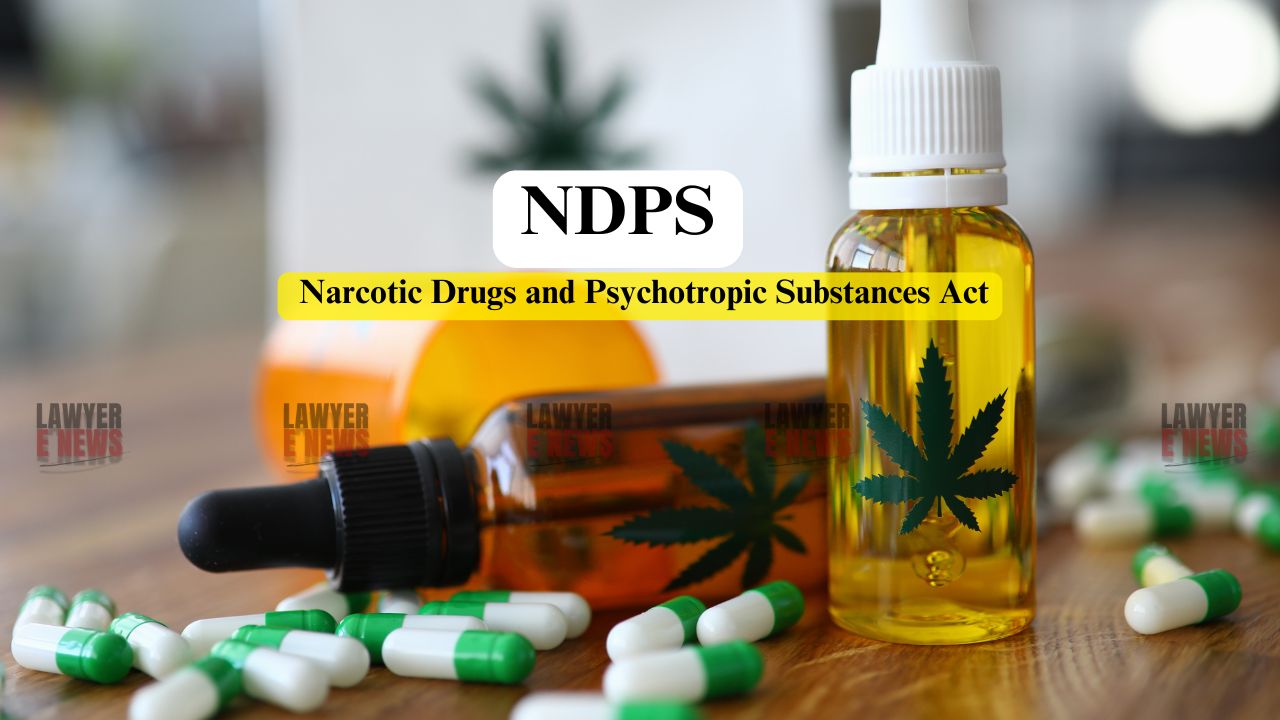-
by sayum
14 February 2026 2:22 PM



The Supreme Court of India, in a significant judgment, acquitted Ajay Kumar Gupta, accused of offenses under the Narcotic Drugs and Psychotropic Substances Act, 1985 (NDPS Act), due to insufficient evidence and improper framing of charges. The bench, comprising Justices Abhay S. Oka and Augustine George Masih, emphasized that the appellant's conviction, upheld by the lower courts, was based on inadmissible confessional statements and lacked essential evidence to establish the alleged conspiracy and contravention under the NDPS Act.
The case against Ajay Kumar Gupta, accused no. 2, along with two other co-accused, arose from a secret operation by the Narcotics Control Bureau (NCB) in December 2013. The NCB received information about a consignment of pentazocine, a psychotropic substance, being illegally transported from Hajipur to Lucknow by train. The NCB intercepted accused no. 1, Jasvinder Singh, at Hajipur railway station, where 30 cartons of Fortwin injections were recovered. These injections were allegedly sold by Gupta, who ran a medical shop in Patna, to Jasvinder Singh.
The Supreme Court scrutinized the reliance of the lower courts on Gupta’s statement recorded under Section 67 of the NDPS Act, which he allegedly confessed to supplying the Fortwin injections. The Court, referencing the landmark judgment in Tofan Singh v. State of Tamil Nadu, reiterated that such statements are inadmissible as they are recorded by officers deemed as "police officers" under Section 53 of the NDPS Act. The Court noted, “The appellant’s statement recorded under Section 67 of the NDPS Act is not admissible in evidence and cannot be read in evidence”.
The Court observed that the prosecution failed to produce concrete evidence linking Gupta directly to the illegal transport of the contraband. Crucially, no recovery of incriminating material was made from Gupta, and no witnesses testified to any transactions between him and the other accused. The judgment pointed out that despite the trial court's reliance on the testimony of co-accused Sanjay Kumar (accused no. 3), who supplied the injections to Gupta, there was no direct evidence showing that the contraband in question was sourced from Gupta.
The Supreme Court also highlighted a critical procedural lapse—Gupta was not properly charged under Section 29 of the NDPS Act, which pertains to conspiracy. The Court emphasized that without proper charges and in the absence of evidence proving the conspiracy, the conviction under Section 22(c) could not be sustained. The Court noted, “The respondent has not established the offenses punishable under Sections 22(c) and 29 of the NDPS Act against the appellant beyond a reasonable doubt”.
In its detailed analysis, the Court underscored that the prosecution's case was fundamentally flawed due to its reliance on inadmissible confessions and the lack of corroborating evidence. The bench reiterated the necessity of proving every element of the charge beyond a reasonable doubt, particularly in cases involving serious offenses under the NDPS Act, where stringent punishments are prescribed.
Justice Abhay S. Oka, delivering the judgment, stated, “There is no evidence to show that the contraband attempted to be transported by accused no. 1 by railway parcel was supplied by or on behalf of the appellant to accused no. 1. There is no evidence of the appellant’s participation in any conspiracy”.
The Supreme Court’s judgment in this case reaffirms the necessity for strict adherence to legal procedures and the evidentiary standards required for convictions under the NDPS Act. By setting aside the convictions, the Court has once again emphasized that the criminal justice system must protect the rights of the accused, ensuring that no individual is wrongfully convicted based on inadmissible evidence or procedural lapses. This judgment will likely impact the prosecution's approach in future cases under the NDPS Act, ensuring greater scrutiny of evidence and adherence to due process.
Date of Decision: August 22, 2024
Ajay Kumar Gupta v. Union of India
